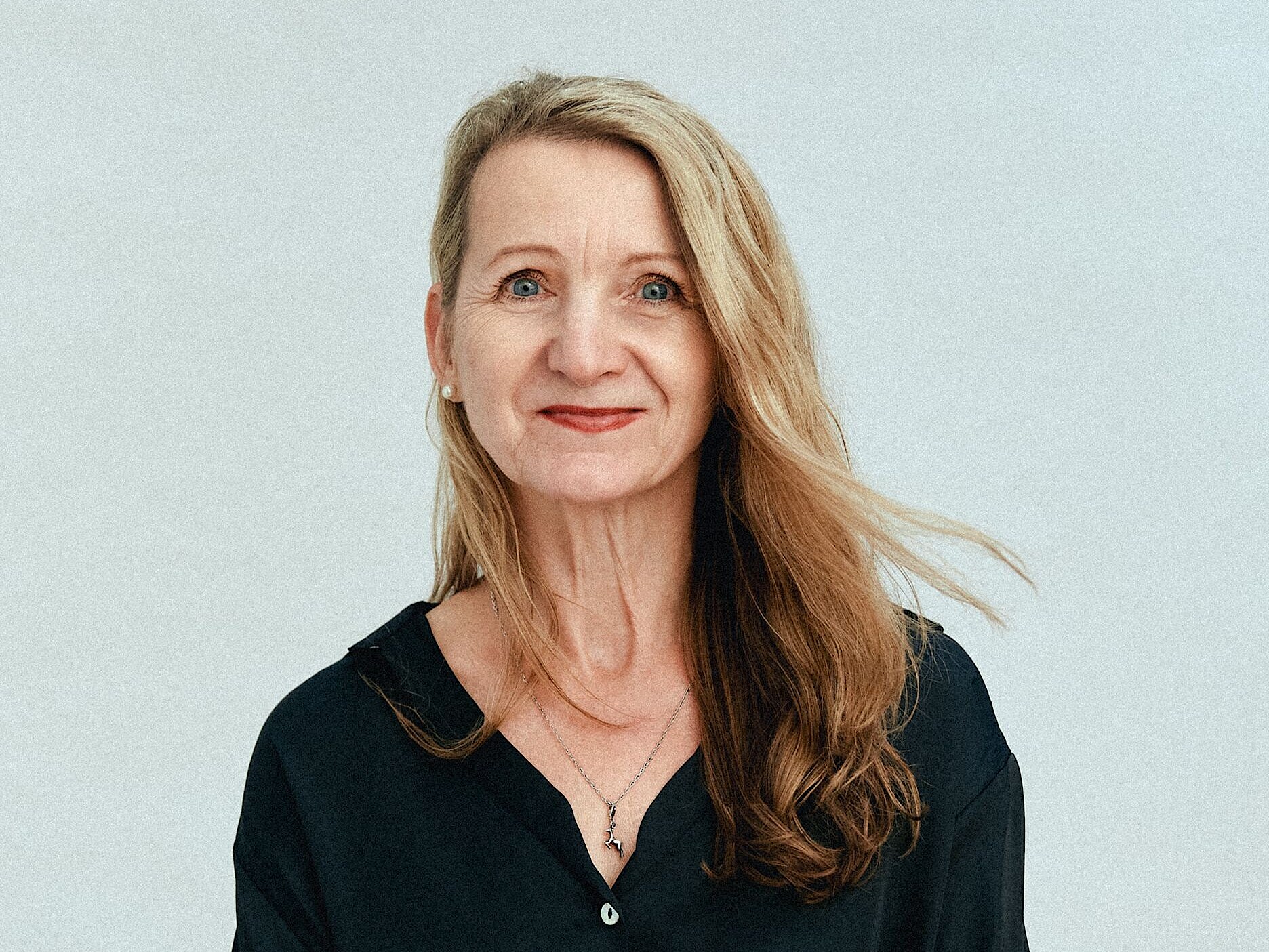News

Farewell to Staatsballett Berlin
After 47 years of dedication and passion, we bid farewell to Korina Stolz-Franke — dancer, choreologist and ballet mistress.
Born in Brandenburg, Korina Stolz-Franke trained at the State Ballet School in Berlin and joined the Deutsche Staatsoper in 1978, rising to the rank of soloist just two years later. In 1979, she was awarded a prize at the national ballet competition of the GDR. Her repertoire included some of the most iconic roles of classical ballet: Princess Aurora, the Lilac Fairy and Princess Florine in Rudolf Nureyev’s Sleeping Beauty, the title role in his Raymonda, the Pas de trois and large swans in Egon Bischoff’s Swan Lake, and many others.
She also danced Margarete in Tom Schilling’s Abraxas, the title role in his Coppélia, as well as Cinderella and one of the stepsisters in Brigitte Thom’s Aschenbrödel, and Marie in Wassili Vainonen’s The Nutcracker. She took on roles such as Brambilla in Maurice Béjart’s Le Concours, appeared in Roland Petit’s Dix and Eros and Death, one of the four ballerinas in Patrice Bart’s Verdiana, the Queen in his version of Swan Lake, and performed in a wide range of Balanchine’s works.
In 2000, Korina Stolz-Franke completed her training as a choreologist at the Benesh Institute of the Royal Academy of Dance in London. She went on to serve as choreologist, rehearsal director and ballet mistress at the Staatsoper Unter den Linden and later at the Staatsballett Berlin. In these roles, she prepared and rehearsed hundreds of choreographies for the stage. Over the decades, she worked closely with Patrice Bart, staged works by William Forsythe, George Balanchine, Jiří Kylián and Jerome Robbins, and built a lasting artistic partnership with Angelin Preljocaj, who regularly invited her to Aix-en-Provence from 2004 to prepare his pieces for Berlin. In more recent years, she worked alongside Mats Ek and the team around Pina Bausch for their restagings at Staatsballett Berlin, and she held principal responsibility for all four of Sharon Eyal’s productions in the city.
With remarkable ease, she bridged the gap between classical and contemporary styles, embracing every choreographic and aesthetic language alongside the dancers — rediscovering each one anew in every rehearsal, for every performance. Deeply committed to both tradition and innovation, she once said: “I can’t imagine a world without modern dance — or without the classical.” Her love of dance was something she shared openly with everyone who stepped into the studio with her.
Her quiet presence will be sorely missed in daily rehearsals. With gentle guidance and unwavering clarity, she helped dancers unlock the expressive core of each work and claim it as their own — so that, when the curtain rose, they could bring it to life with unflinching honesty. That is the work behind a performance’s most joyful moment.
After 47 extraordinary years in ballet, we wish Korina Stolz-Franke all the very best for the future.